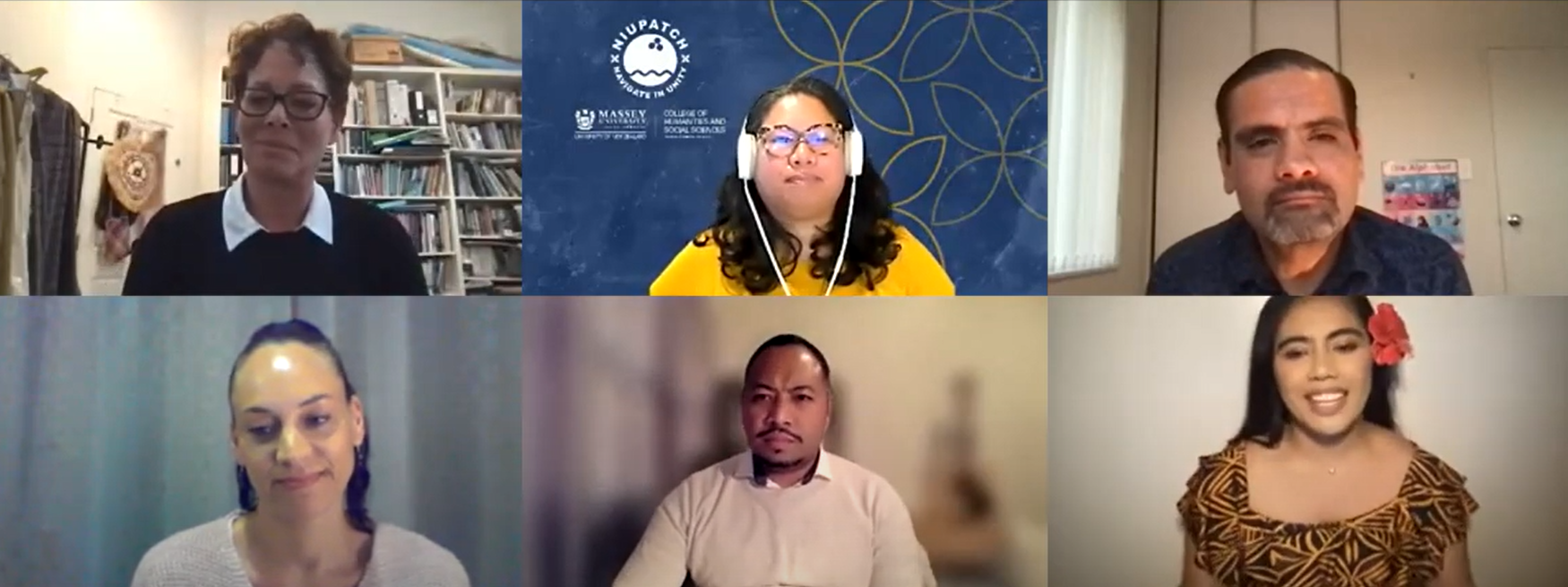
Zoom fono - COVID-19 and Child Wellbeing
Webinar/Video
The purpose of this fono was to talanoa with our communities on the impacts that the Covid-19 pandemic might be having on our younger children and discuss possible solutions. Topics included how Covid-19 affects children, the current research and evidence around vaccinating young children, the psychological effects that Covid-19 might be having on our kids and what caregivers, families and our schools can do to help our young children.
Click to watch full recording




